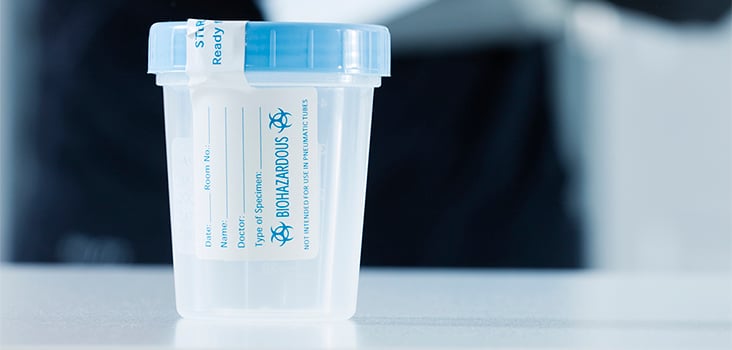
What Employers Need to Know About Working with TPA's
As a business owner, risk manager, or human resources director, you have a lot on your plate when it comes to managing your company’s day-to-day operations. Depending on your business, it may be easier to offload some of the standard processes to a trusted partner – such as routine administrative duties, record maintenance, and drug and alcohol testing programs.
That’s where a Third-Party Administrator (TPA) comes in play. A TPA can help manage all the logistics of a substance abuse or general occupational health program so you can focus on what you do best. If you aren’t sure exactly what a TPA does or how working with a TPA can benefit you, we’re covering all the basics you need to know.
What is a Third-Party Administrator?
A TPA is a service agent or group that manages a company’s occupational health services, most commonly their drug and alcohol testing program. There are also TPA’s that manage workers’ compensation injury care services, but this article will focus on the ones who manage the non-injury services.
A TPA works as the liaison between the employer (the first party) and the testing lab or occupational health service provider (the second party). They maintain required testing records, check that services are completed without any issues (or fix the issues if there are any), and ensure that the company is compliant with federal and state regulations.
What are the benefits of using a TPA?
There are a lot of logistics and regulations involved with occupational health services, especially if you’re in a federally regulated industry like transportation. Outsourcing those responsibilities to a TPA can save you time and money.
One of the greatest benefits a TPA can provide is the consolidation of bills. Rather than managing invoices from multiple providers for multiple services, the TPA pays the invoices and sends a single bill to the employer.
A TPA can make the whole process easier for employers. TPA’s have a network of occupational health providers, like Concentra, that they can plug your employees into. They’ve already vetted these providers to ensure they provide quality services, and already have a developed relationship. TPA’s also hold and maintain required testing and screening records so you don’t have to worry about managing the paperwork. If an employer encounters an issue with an employee’s services, a TPA can run interference to get the matter resolved quickly.
How has the role of a TPA changed over time?
When employee drug testing became federally regulated after the Reagan administration passed the Drug-Free Workplace Act of 1988, employers looked to outsource their substance abuse programs to agents. The increase in need for these outsourced agents led to the creation of the TPA industry. From there, TPA’s started expanding their service umbrellas to include physicals, vaccinations, travel medicine, and other occupational health services.
TPA’s became even more beneficial as technology improved and they could offer an electronic solution. Using online portals and communication systems has allowed them to process tests and screenings at a faster rate, helping employers get more of the results and information they need in a shorter period of time.
How does Concentra work with TPA’s?
As a nationally recognized occupational health provider, Concentra makes a TPA’s job easier. Our services are provided consistently across the country, so national businesses know their employees in California will receive the same services as their employees in Texas or Florida. We streamline an employer’s occupational health program so the TPA only has one point of contact, making it easier to provide the necessary services at any of our 300+ centers.
A TPA isn’t the only provider that makes work health easy. Concentra can keep your workforce safe and healthy with a wide spectrum of occupational health services, from drug and alcohol testing to physicals and surveillance screenings. And with more than 300 locations nationwide, there’s likely a center near you. Talk to a Concentra work health expert to learn more about our services.



